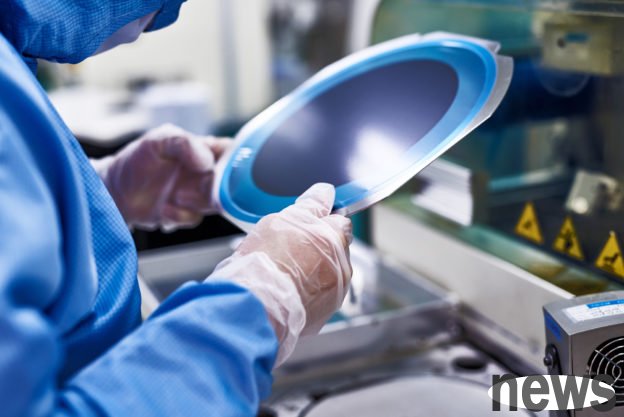
The struggle for dominance of Nexperia, a global manufacturer of simple computer chips, has strained relations between China and the Netherlands and highlighted concerns about the outflow of key semiconductor technologies to China. Dutch Economy Minister Vincent Karremans has spoken to Chinese Commerce Minister Wang Wentao but has been unable to find a way to resolve the impasse.
Dutch electronics company Philips spun off its semiconductor business in 2006 to establish NXP Semiconductors (NXP), which specializes in producing chips for automobiles and other applications. In 2016, NXP announced that it would split one of its divisions to form Nexperia and sell it to a Chinese consortium. In 2018, it sold its shares to Chinese smartphone manufacturer Wingtech Technology.
Nexperia's "Chinaization", the Netherlands takes overNexperia is the leader in basic chips, which are widely used in automotive parts such as BMW, Mercedes-Benz, and Toyota. The Dutch government ruled on September 30 to freeze control of Nexperia, a subsidiary of Wingtech Technology, for one year. The Dutch Ministry of Economic Affairs used the Goods Availability Act and believed that Nexperia had serious governance flaws that posed a threat to the guarantee of key technologies in the Netherlands and Europe. In order to ensure the supply of key goods, Wingtech Technology froze Nexperia's control over Nexperia. In addition to retaining 1 share, Wingtech Technology temporarily lost the shareholder rights of the remaining 99 shares, including governance rights and voting rights.
After the Dutch government took over Nexperia, the Chinese Ministry of Commerce announced that it would implement export controls on the products of Nexperia China and outsourcers. Nexperia China management informed employees that they were ignoring the Dutch government directive.
Foreign media analyzed that the Dutch government’s order was related to pressure from the United States. The United States will include Wingtech Technology in the export control list in December 2024. Dutch court documents pointed out that the United States has notified the Netherlands that it will expand the scope of control, and subsidiaries that hold more than 50% of the company's shares will also be restricted. Nexperia is a wholly-owned subsidiary of Wingtech Technology and is bound to be affected.
In addition, Nexperia CEO Zhang Xuezheng attempted to use Nexperia's funds to support another foundry under Wingtech Technology; the resignation letter of Nexperia's financial executives also mentioned that Nexperia Semiconductor has been "completely Chinese." Dutch court documents also revealed that Anshi must change its CEO if it wants to obtain immunity from the United States.
U.S.-China technology competition impacts supply chain productionNexperia adopts a business model of "European R&D, Made in China", with its design center in Europe, and Chinese factories responsible for 70% of the world's product packaging business. The Dutch government froze Wingtech's control over Nexperia. Both China and Europe will suffer losses, and both sides will face industrial difficulties.
Ian Riches, vice president of technology research company TechInsights, said that basic chips are ubiquitous, and Nexperia products account for about 40% of the market. China’s Ministry of Commerce controls product exports, putting Nexperia at risk of production interruptions. Companies that rely entirely on Nexperia supplies need weeks to obtain approval from automakers to re-produce parts.
As the United States and China launch a trade war over rare earth issues, Europe is also under geopolitical pressure from key industries such as rare earths and semiconductor technology. The geopolitical situation between the United States and China has impacted the supply chain of technology products. The Nexperia incident can also see the impact of the trend of decoupling between the technology industry and the supply chain on the industry and market.
Further reading: In the battle between China and the Netherlands for control, Nexperia asked Chinese employees to ignore instructions from the Dutch headquarters Refuting rumors about salary suspension and system suspension! Nexperia says business in China is operating as usual and salaries are being paid Sino-Dutch dispute affects automotive chips and may affect U.S. auto production China restricts Nexperia exports, causing automotive supply chain to tremble Europe tightens controls on semiconductor smuggling into China, and the Netherlands rarely imposes controls on Nexperia Semiconductor